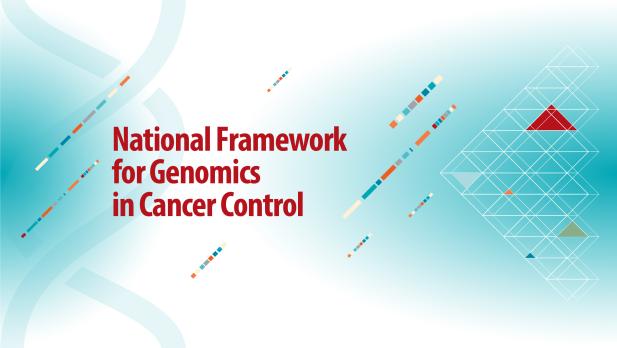Find out more
- Principles of Cancer Survivorship
- National Framework for Gynaecological Cancer Control
- National Aboriginal and Torres Strait Islander Cancer Framework

The National Framework for Genomics in Cancer Control aims to guide policy to ensure equitable access to genomics in cancer care for all Australians affected by cancer.
A multidisciplinary team of healthcare professionals provides personalized cancer care, considering patient preferences and improving outcomes for both patients and providers.
Guidelines, tools, and resources are available to assist healthcare professionals in recognizing and addressing the psychosocial needs of cancer patients across all cancer types.
Family cancer clinics offer genetic counseling and testing for individuals with a family history of cancer, providing personalised risk assessments and guidance on prevention, early detection, and management strategies.
The Consumer Involvement Toolkit provides practical tools for CEOs, service managers, health professionals, researchers, policymakers, and consumers to actively engage in cancer control decision-making, leading to improved health outcomes, a trusted healthcare system, and a more satisfied workforce.
The pages provide information on cancer types, including statistics, risk factors, symptoms, screening, diagnosis, treatment, support options, clinical trials and guidance for health professionals.
These clinical resources provide guidance for health professionals on investigating various symptoms, including lung cancer, breast cancer, ovarian cancer, and endometrial cancer, across different stages of life.
This resource provides tips for non-Indigenous health professionals to improve their cultural safety and communication skills when working with Aboriginal and Torres Strait Islander patients, families, and carers.
Shared follow-up care is essential for cancer survivors, offering benefits like improved continuity of care, patient choice, and access to holistic support, while reducing the burden on healthcare systems.
Cancer Learning offers evidence-based resources for health professionals, trainees, students, and the community to advance cancer care.
Optimal Care Pathways (OCPs) are guides to best practice care across the whole cancer continuum.

